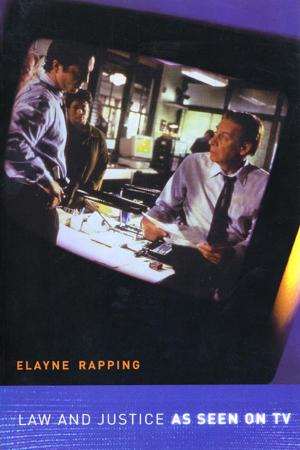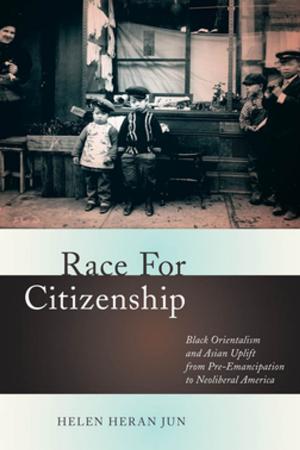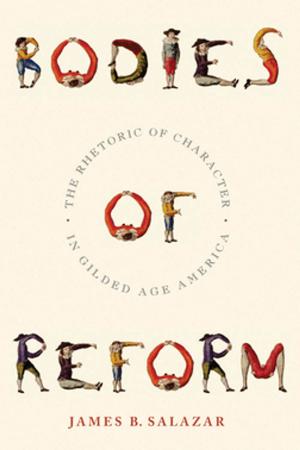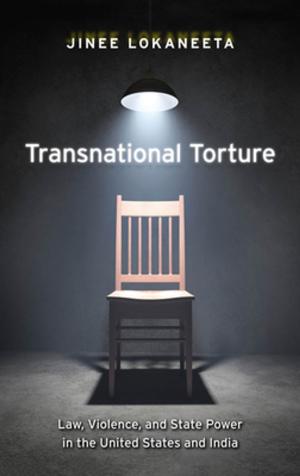The Importance of Being Honest
How Lying, Secrecy, and Hypocrisy Collide with Truth in Law
Nonfiction, Reference & Language, Law, Ethics, Social & Cultural Studies, Political Science| Author: | Steven Lubet | ISBN: | 9780814752364 |
| Publisher: | NYU Press | Publication: | May 1, 2008 |
| Imprint: | NYU Press | Language: | English |
| Author: | Steven Lubet |
| ISBN: | 9780814752364 |
| Publisher: | NYU Press |
| Publication: | May 1, 2008 |
| Imprint: | NYU Press |
| Language: | English |
Popular author Steven Lubet brings his signature blend of humor, advocacy, and legal ethics to The Importance of Being Honest, an incisive analysis of how honesty and law play out in current affairs and historical events. Drawing on original work as well as op-ed pieces and articles that have appeared in the American Lawyer, the Chicago Tribune, and many other national publications, Lubet explores the complex aspects of honesty in the legal world.
The Importance of Being Honest is full of tales of questionable practices and poor behavior, chosen because negative examples are much richer, and often more remarkable, in their ultimate lessons. Wyatt Earp’s shootout with Billy Clanton, Bill Clinton’s disastrous decision to lie under oath, Oscar Wilde’s self-destructive perjury in a 1896 libel trial, and the dubious resolution of Justice Scalia’s duck hunting trip with Dick Cheney are only a few of the cases Lubet use to illustrate that law is a vague and boggy realm where truth, and falsehood, is seldom absolute. With his lively, insightful, and sometimes hilarious prose, Lubet takes readers on a tour of the law in our everyday lives, and forces us to rethink how we really feel about honesty and truth.
Popular author Steven Lubet brings his signature blend of humor, advocacy, and legal ethics to The Importance of Being Honest, an incisive analysis of how honesty and law play out in current affairs and historical events. Drawing on original work as well as op-ed pieces and articles that have appeared in the American Lawyer, the Chicago Tribune, and many other national publications, Lubet explores the complex aspects of honesty in the legal world.
The Importance of Being Honest is full of tales of questionable practices and poor behavior, chosen because negative examples are much richer, and often more remarkable, in their ultimate lessons. Wyatt Earp’s shootout with Billy Clanton, Bill Clinton’s disastrous decision to lie under oath, Oscar Wilde’s self-destructive perjury in a 1896 libel trial, and the dubious resolution of Justice Scalia’s duck hunting trip with Dick Cheney are only a few of the cases Lubet use to illustrate that law is a vague and boggy realm where truth, and falsehood, is seldom absolute. With his lively, insightful, and sometimes hilarious prose, Lubet takes readers on a tour of the law in our everyday lives, and forces us to rethink how we really feel about honesty and truth.















